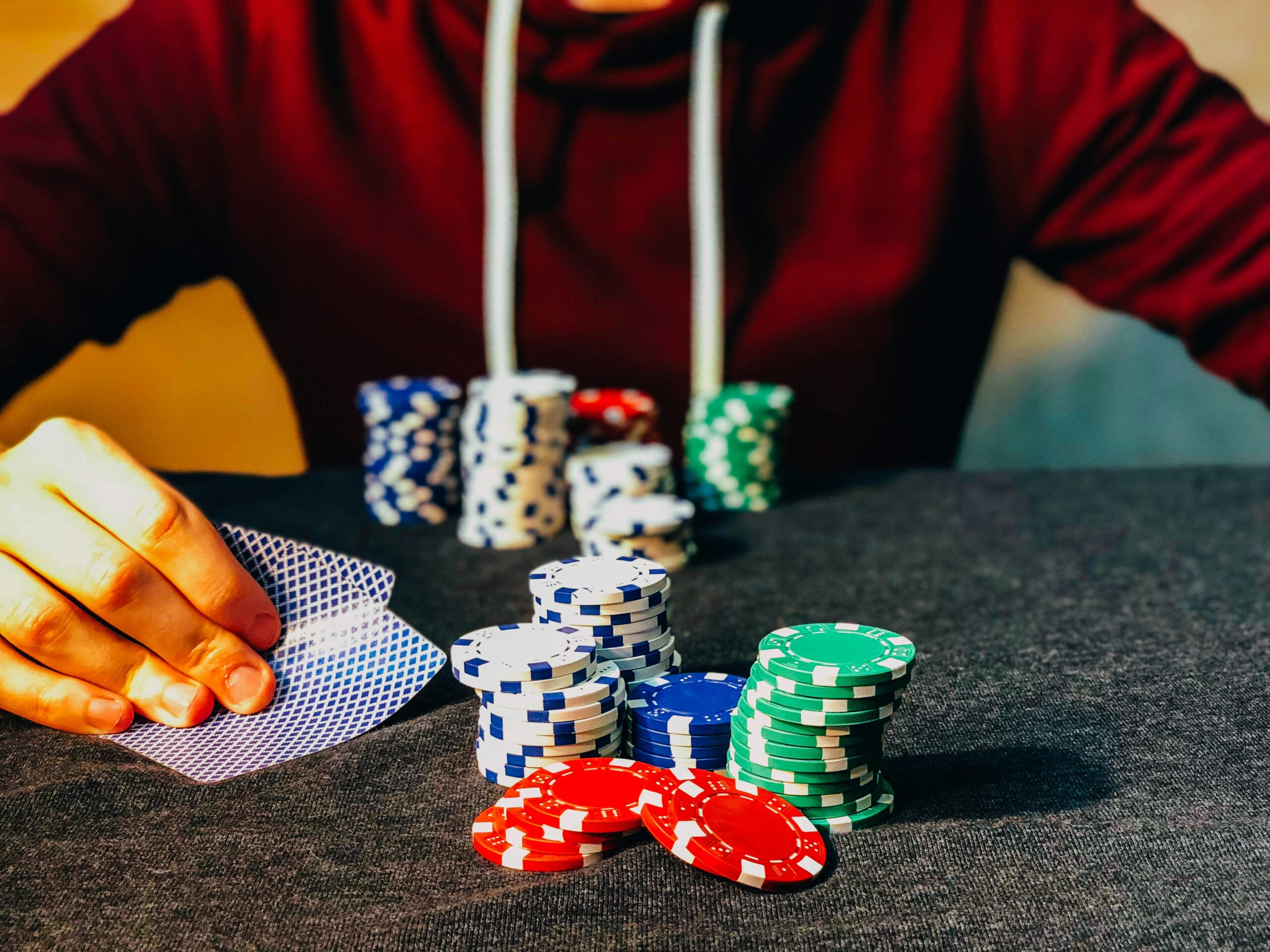Luck is a strange companion. It can’t be seen, bottled, or measured. Yet humans chase it like oxygen. We put faith in dice rolls, wish on falling stars, and touch statues for fortune. Whether it’s a scratch-off ticket, a coin toss, or a lottery number that “felt right,” the pull of chance runs deep.
This drive to gamble—on games, ideas, and even people—isn’t just about money or winning. It’s about control in a universe that rarely explains itself. It’s about hope, risk, emotion, and the hidden patterns we think we see.
The pattern-hungry brain
The brain loves patterns. Even when none exist, it creates them. This is why people see faces in clouds or hear words in static. It’s the same reason someone might believe red socks bring good luck or that a particular slot machine “feels warm.”
In gaming environments, especially those built for repetition and suspense, the brain goes into hyperdrive. A quick burst of reward—lights flashing, coins pouring, a sound that hits just right—triggers the brain’s dopamine system. That one small win, even if insignificant in value, gets logged as important.
This is part of what makes games like Slot Gacor so effective at capturing attention. The rhythm, the familiarity, the slight unpredictability—all of it feeds the illusion that the player is not entirely at the mercy of chance. The game feels personal, like it knows something, like it’s listening.
Evolution and the gambler’s instinct
Long before slot reels and scratch-offs, our ancestors were making bets. Not on cards, but on survival. Which bush holds berries and which hides a snake? Should I wait for rain or move to higher ground? These were high-stakes decisions, and nature favored those who could act on limited information.
Over time, humans developed something peculiar: the capacity to anticipate outcomes based on incomplete data. This trait—useful in the wild—morphed into modern risk-taking. We still jump into uncertainty, but now the saber-tooth has been replaced by spinning reels and poker hands.
Psychologically, the thrill of uncertainty is its own reward. The possibility of a big win, no matter how unlikely, activates the same parts of the brain that respond to food and connection. The chance feels better than the certainty.
Loss, gain, and memory bias
One curious thing about human memory is that it doesn’t always keep track of outcomes accurately. People tend to remember wins more vividly than losses. A single big win can overshadow dozens of minor setbacks. This is called the “availability heuristic.” The brain recalls what is easy to retrieve—and that often means the most exciting or emotionally intense moments.
Combine this with the concept of “loss aversion”—the tendency to fear losses more than we value gains—and you get an engine for endless gambling. People keep playing not only because they hope to win, but because they want to avoid the feeling of leaving before they do. “It’s about to hit,” they think. “Just one more spin.”
In structured, carefully crafted digital environments, this behavior can be encouraged subtly. Colors, pacing, and even the way buttons animate can influence when and how players continue. Good design doesn’t manipulate—it invites. But it does make sure the invitation feels irresistible.
Superstition and decision-making
Humans are meaning-making machines. When luck is involved, that need becomes even louder. People invent rituals: tapping the screen, using “lucky” usernames, avoiding certain numbers. These rituals don’t improve odds, but they give players a sense of control in an uncontrollable space.
Games that respect this instinct—and work with it—build stronger loyalty. They make space for a player’s story. Not just the game’s narrative, but the personal mythology players bring with them.
A brand like Super88 understood this well. Its interface is built not only on clean visuals, but on subtle emotional cues. It doesn’t shout luck—it whispers opportunity. And in that whisper, players hear their own voice. The result feels less like gambling and more like participating in something meaningful, something that might turn just because they showed up.
That’s the science of chance mixed with the psychology of identity.
The paradox of control
One of the most powerful illusions in gaming is the sense of control. Even in games of pure chance, the idea that your action—when you click, how you bet, where you sit—might make a difference keeps people engaged.
This illusion isn’t deception. It’s design. And it speaks directly to a deep human desire: to feel involved in our fate. Passive outcomes are frustrating. Active ones, even when unpredictable, feel better. Clicking a button feels like doing something. Watching a wheel slow down feels like progress. These are simple, mechanical events. But emotionally, they’re potent.
The player feels like they’re dancing with fate, not watching from the sidelines. And the more immersive the experience, the more the brain builds a narrative around the activity. “I almost had it.” “It was close that time.” “It’ll hit soon.”
These stories keep the engagement alive. They fill in the blanks left by randomness.
Culture, math, and the chase
Across different cultures, the definition of luck changes, but the pursuit remains. Some societies tie luck to ancestors. Others see it as divine favor. Still others treat it like a natural force, something you can harness, lose, or earn back.
Mathematically, most gambling systems are clear about odds. But math is rarely the reason people stay. Emotion wins. Stories win. The feeling of a near-miss, the surge after a win, the memory of a friend who once hit big—these things carry more weight than percentages.
Humans are not calculators. We’re gamblers by design. Not because we’re irrational, but because chance offers something certainty never will: hope.
Design, sound, and sensation
Beyond logic and behavior lies the physical experience. The weight of a button. The glow of a border. The echo of a win tone. These sensory cues are not arbitrary. They’re built to nudge mood, focus, and time perception.
Sound is especially powerful. A subtle chime can reward. A thud can signal failure. Some studies show that the right win sound activates brain areas tied to social reward—as if we’re being praised by someone we respect.
Designers who understand this don’t overload the senses. They choreograph them. They use contrast, pause, and rhythm to keep the brain alert but not anxious. They make the game feel alive, but friendly. The best designs are the ones that seem like they were made just for you.
Why we keep spinning
Humans keep taking chances not because we misunderstand the odds, but because we’re built for the unknown. We’re wired to find meaning in randomness. To hope when reason says not to. To push the button again—not for the guarantee of reward, but for the chance of a moment that breaks through the ordinary.
That’s what games offer. A space where the rules are clear, the stakes are manageable, and the possibilities always feel just within reach.
So we chase luck—not out of desperation, but out of design. It taps into ancient instincts, rewards emotion over logic, and reminds us that not everything in life must be planned. Sometimes, it’s enough to take the chance.
- When the Desert Heat Won’t Let Up: Finding Real Relief with AC Repair in Phoenix - February 28, 2026
- When the Air Stops Working: Finding Comfort Again in Springdale’s Summer Heat - February 28, 2026
- Data Science vs Data Analytics: Key Differences, Skills, and Career Paths - February 18, 2026



